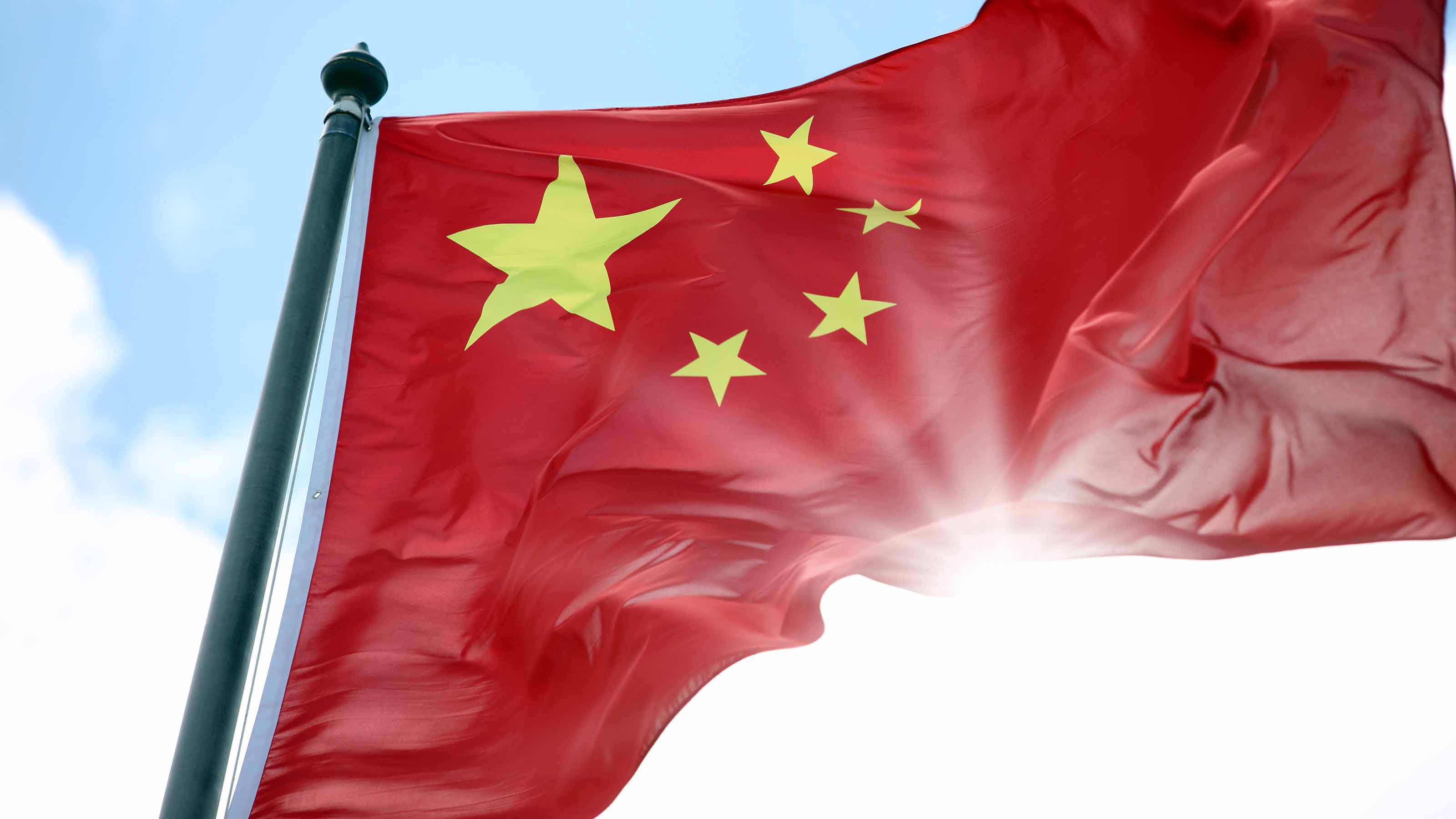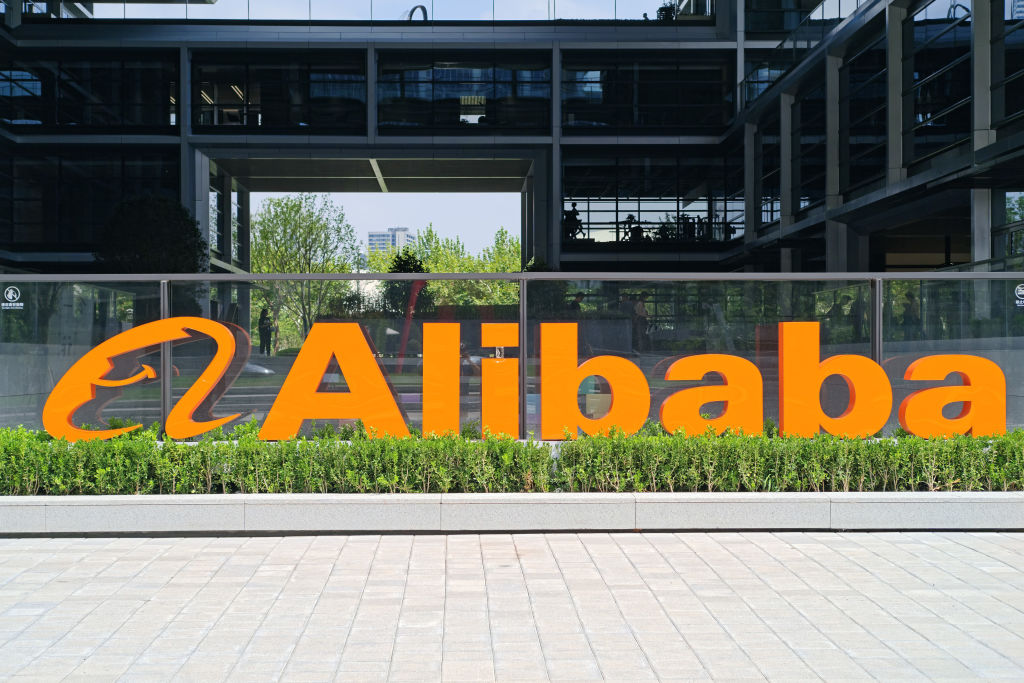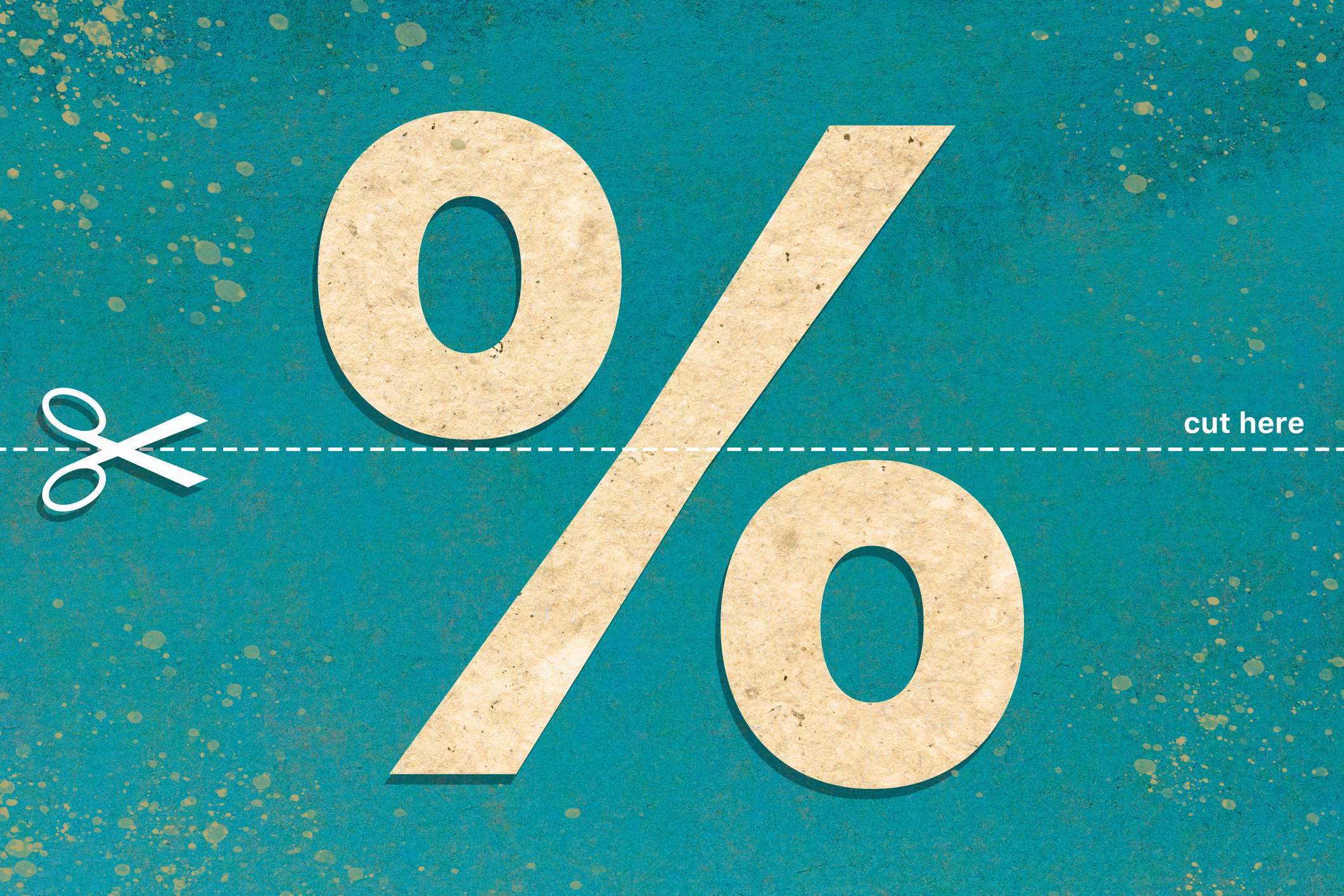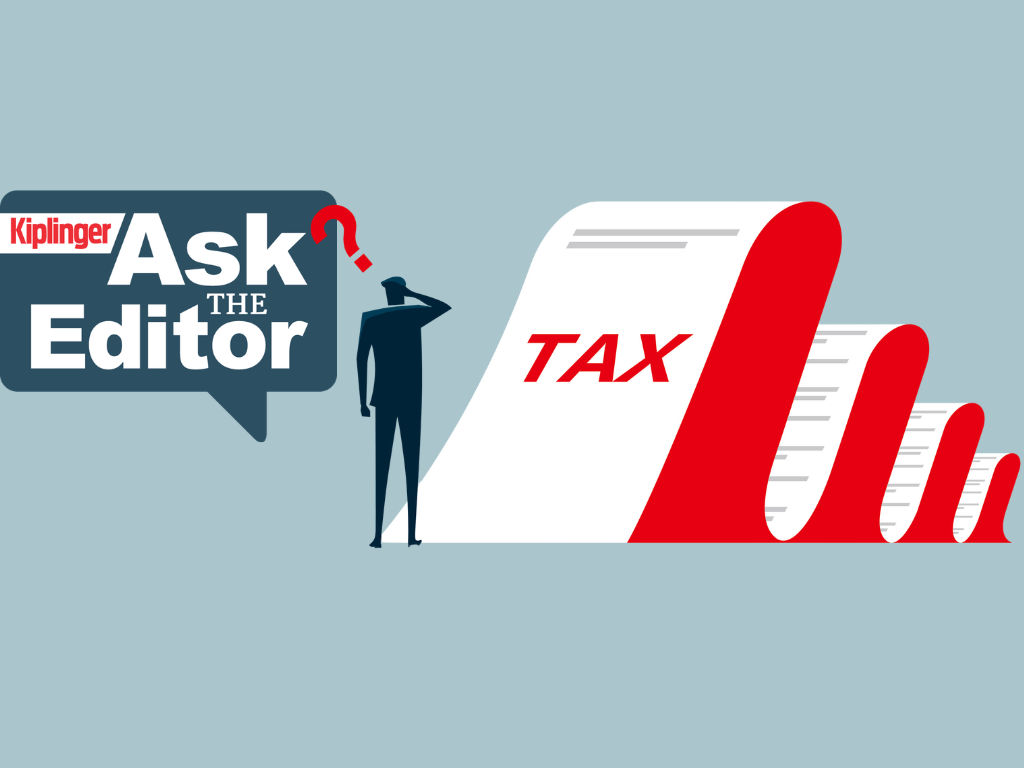Are There Opportunities to Invest in China?
Opportunities to invest in China are plentiful and, arguably, shouldn't be ignored in the U.S. Here's where to look.


Profit and prosper with the best of Kiplinger's advice on investing, taxes, retirement, personal finance and much more. Delivered daily. Enter your email in the box and click Sign Me Up.
You are now subscribed
Your newsletter sign-up was successful
Want to add more newsletters?
When I last wrote about China — five years ago, in the midst of COVID — some readers were critical. Why encourage us to invest in an adversary? China has certainly been a bad actor, threatening Taiwan, supporting the Russian invasion of Ukraine, suppressing dissent, oppressing ethnic and religious groups. But the U.S. is not at war with China; we allow Chinese firms to list on our exchanges, and we encourage Chinese investors to buy U.S. Treasuries (current holdings: $757 billion).
The Trump administration’s official position on China, according to the State Department’s website, seems reasonable: “The United States seeks a constructive, results-oriented relationship with China…. The United States uses a range of exchanges, dialogues, and people-to-people ties to pursue its goals.” I would argue that one of those exchanges involves stocks. But if you feel strongly about not investing in Chinese companies, then don’t. As Warren Buffett says, you don’t have to swing at every pitch.
Still, I find it hard to ignore China. It is the world’s second-largest economy in nominal terms (gross domestic product not adjusted for inflation) and first in purchasing-power parity (that is, based on what people in different countries can actually buy) — $10 trillion ahead of the U.S., according to the International Monetary Fund. The Economist projects 4.4% GDP growth this year, compared with less than 1% each for the U.S., Europe and Japan. Also, China has become not just an imitator but an unquestionable innovator.
From just $107.88 $24.99 for Kiplinger Personal Finance
Become a smarter, better informed investor. Subscribe from just $107.88 $24.99, plus get up to 4 Special Issues

Sign up for Kiplinger’s Free Newsletters
Profit and prosper with the best of expert advice on investing, taxes, retirement, personal finance and more - straight to your e-mail.
Profit and prosper with the best of expert advice - straight to your e-mail.
China now accounts for 29% of the world’s manufacturing output, up from just 9% in 2004 and greater than the next four countries (U.S., Japan, Germany, and India) combined.
According to the World Economic Forum, China’s “culture of techno-optimism, coordinated institutions and economic readiness has allowed artificial intelligence to scale with unprecedented speed.” Cutting its coal dependency by one-fourth and boosting renewables, China increased its electricity-generating capacity — essential for AI and advanced manufacturing — two and a half times from 2010 to 2024, while the U.S. and the EU practically stood still.
China is jumping hurdles
China has problems, among them a glut of unsold real estate and the enmity of the U.S. Both Donald Trump and Joe Biden have hit China with big tariffs and export controls on technology.
So far, China has proved resilient, in part because U.S. industry needs China’s rare earths and more-prosaic components for manufacturing and because consumers demand low-cost Chinese goods. In May, because of tariffs, Chinese exports to the U.S. fell 35% but still rose globally by 5%.
Markets are impressed. After three years of double-digit losses, Chinese stocks recovered in 2024 and are far outstripping U.S. shares in 2025. (Stocks mentioned here trade as American depositary receipts. Prices and returns in this column are as of June 30; securities I like are in bold.)
China’s government is encouraging new industries, and it leads the world in industrial robotics and electric vehicle production. Though effectively banned from the U.S. because of 100% tariffs, Chinese EV maker BYD (BYDDY, $94) is number one in the world, eclipsing Tesla (which was allowed to sell 637,000 EVs in China last year).
BYD is also the world’s largest producer of rechargeable batteries. Its new technology adds 250 miles of range in five minutes; no competitor comes close. BYD benefits from government subsidies, but it has also figured out how to produce EVs cheaply. It sells a model in China for $8,000, in the U.K. for $26,000 and in Mexico for $21,000. The cheapest Tesla in the U.S. is $42,000.
Buffett’s Berkshire Hathaway invested in BYD stock in 2008, and since then, according to Morningstar, the original stake has increased in value by at least 25 times. Shares are pricey, but the business has more than tripled its revenues in three years.
Another Chinese company, Xiaomi (XIACY, $39), created a sensation in June with an electric SUV that drew 289,000 orders in the first hour. Xiaomi is also the world’s third-largest smartphone maker, after Samsung and Apple, and makes home appliances and TVs. Shares have more than tripled in 12 months, partly because of threats that tariffs will drive the iPhone’s price higher.
A smaller, premium EV company, XPeng (XPEV, $18), has 4,000 orders for a flying car — combining a ground vehicle with an aircraft module — which will enter production next year. The stock has more than doubled in the past year, but it remains far below its late-2020 high.
Food-service company Meituan (MPNGY, $32) has interests in health care and travel as well. It is using low-altitude drones to deliver meals in Beijing, Hong Kong, Dubai and dozens of other cities. In the most recent quarter, revenues rose 18% from the same quarter a year ago. Its business is mostly domestic, insulating Meituan from trade wars.
NetEase (NTES, $135) is one of the world’s largest providers of video games. After being flat since COVID, shares took off this year, returning 53.0%. But like many Chinese stocks, NetEase, with a market capitalization (shares outstanding times price) of $85 billion, is moderately priced.
China’s Amazon.com

Shares in Alibaba (BABA, $113) offer more opportunity — and more risk. When the e-commerce and cloud-computing giant, akin to Amazon, went public on the New York Stock Exchange in 2014, it was valued at more than $200 billion, a record. But in the three years after the Chinese government’s 2021 crackdown on high-flying tech firms, and with questions swirling about Alibaba’s finances, the stock lost three-fourths of its market cap. Shares have made a comeback over the past 12 months, and my guess is that Alibaba will live up to its original promise. The price-earnings ratio is only 12.
Such low valuations are a big part of China’s appeal to investors right now. MSCI, the index provider, reports that the forward P/E of its China index, which captures 85% of the country’s stock universe, is just 11.
China ETFs
The best way to own China is through diversified exchange-traded funds such as iShares China Large-Cap (FXI, $37), which returned 29.0% in 2024 and is up 21.7% so far this year. Another good choice, SPDR S&P China (GXC, $88), has returned 31.3% over the past 12 months — more than twice as much as the S&P 500.
Also attractive is Franklin FTSE China (FLCH, $22), which has been an excellent performer and has a lower expense ratio (0.19%) than its competitors. The fund’s top asset is Tencent Holdings (TCEHY, $65), the gaming and social media company that, like Alibaba, took a dive during the government’s big-tech crackdown but has been rising briskly over the past year. In the most recent quarter, Tencent’s revenues rose 13% and profits went up 14%. Tencent is also making a big bet on AI.
China is hoping to capitalize on the chaos the U.S. has unleashed on global markets. But the nation still lacks a robust domestic consumer market, a reputation for rule of law and a group of trillion-dollar Silicon Valley–style tech companies whose cutthroat competition generates mutual benefits. In short, these are still early days for the Chinese economy — a condition that holds both danger and opportunity for investors.
James K. Glassman chairs Glassman Advisory, a public-affairs consulting firm. He does not write about his clients. He owns none of the securities mentioned here. You can reach him at JKGlassman@gmail.com.
Note: This item first appeared in Kiplinger Personal Finance Magazine, a monthly, trustworthy source of advice and guidance. Subscribe to help you make more money and keep more of the money you make here.
Related content
Profit and prosper with the best of Kiplinger's advice on investing, taxes, retirement, personal finance and much more. Delivered daily. Enter your email in the box and click Sign Me Up.

-
 8 Boring Habits That Will Make You Rich in Retirement
8 Boring Habits That Will Make You Rich in RetirementThese mundane activities won't make you the life of the party, but they will set you up for a rich retirement. Discover the 8 boring habits that build real wealth.
-
 QUIZ: Are You Ready To Retire At 55?
QUIZ: Are You Ready To Retire At 55?Quiz Are you in a good position to retire at 55? Find out with this quick quiz.
-
 10 Decluttering Books That Can Help You Downsize Without Regret
10 Decluttering Books That Can Help You Downsize Without RegretFrom managing a lifetime of belongings to navigating family dynamics, these expert-backed books offer practical guidance for anyone preparing to downsize.
-
 The Merger Market is Heating Up. Here's How to Cash In
The Merger Market is Heating Up. Here's How to Cash InInvesting in takeover deals can be a low-volatility way to diversify your portfolio.
-
 Vanguard Cuts Fund Fees Again. Here's Why That's Important for You
Vanguard Cuts Fund Fees Again. Here's Why That's Important for YouVanguard recently cut fees on dozens of ETFs and mutual funds, which is great news for investors. Here's why.
-
 Ask the Editor, February 27: Questions on Tax Returns and Decedents
Ask the Editor, February 27: Questions on Tax Returns and DecedentsAsk the Editor In this week's Ask the Editor Q&A, Joy Taylor answers questions on how to file a tax return when someone has died and resources you can use to find more help.
-
 Will Your Children's Inheritance Set Them Free or Tie Them Up?
Will Your Children's Inheritance Set Them Free or Tie Them Up?An inheritance can mean extraordinary freedom for your loved ones, but could also cause more harm than good. How can you ensure your family gets it right?
-
 I'm a Financial Adviser: This Is the Real Key to Enjoying Retirement With Confidence
I'm a Financial Adviser: This Is the Real Key to Enjoying Retirement With ConfidenceA resilient retirement plan is a flexible framework that addresses income, health care, taxes and investments. And that means you should review it regularly.
-
 Life Loves to Throw Curveballs, So Ditch the Rigid Money Rules and Do This Instead
Life Loves to Throw Curveballs, So Ditch the Rigid Money Rules and Do This InsteadSome rules are too rigid for real life. A values-based philosophy is a more flexible approach that helps you retain confidence — whatever life throws at you.
-
 Big Nvidia Numbers Take Down the Nasdaq: Stock Market Today
Big Nvidia Numbers Take Down the Nasdaq: Stock Market TodayMarkets are struggling to make sense of what the AI revolution means across sectors and industries, and up and down the market-cap scale.
-
 Trump's New Retirement Plan: What You Need to Know
Trump's New Retirement Plan: What You Need to KnowPresident Trump's State of the Union address touched upon several topics, including a new retirement plan for Americans. Here's how it might work.